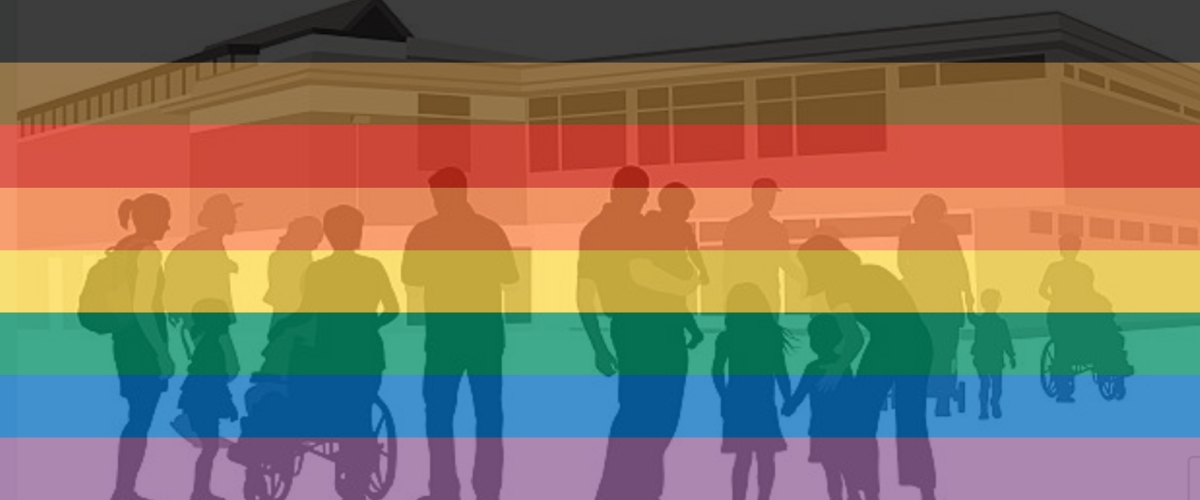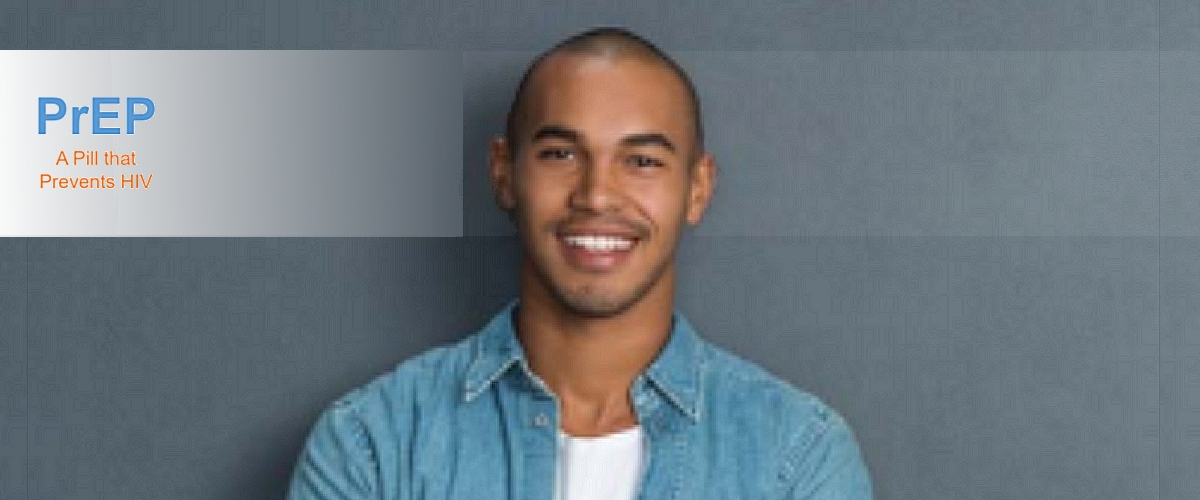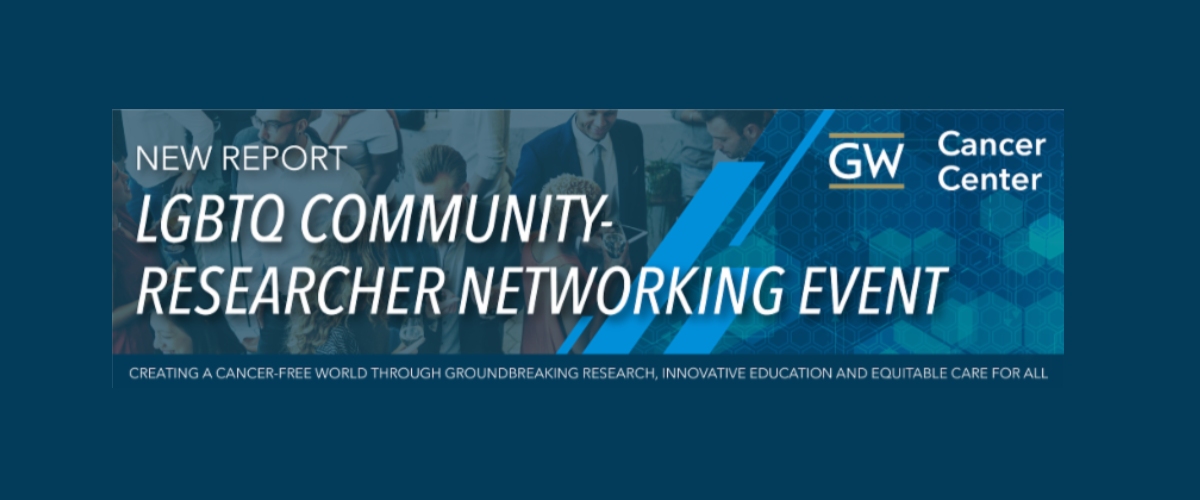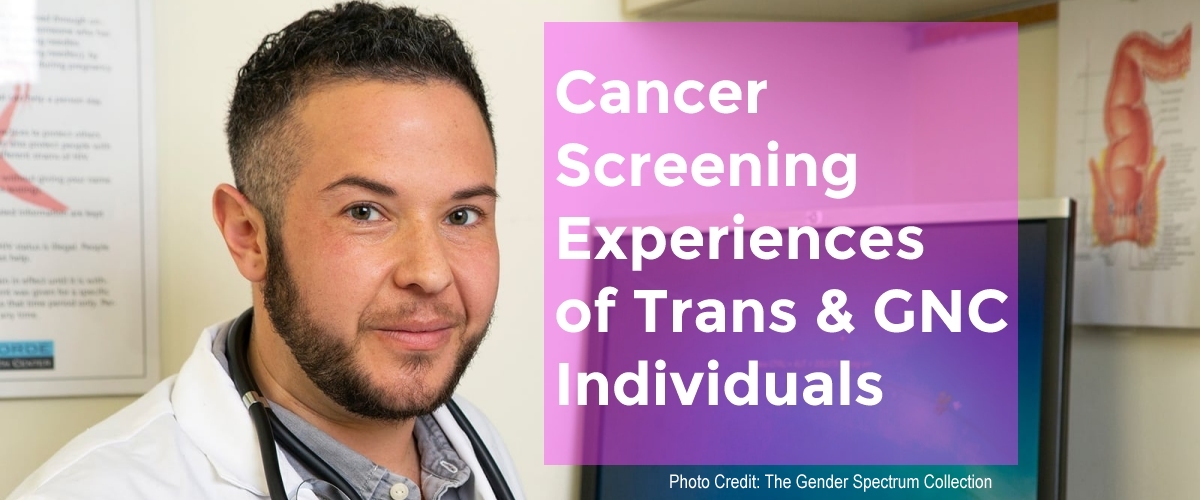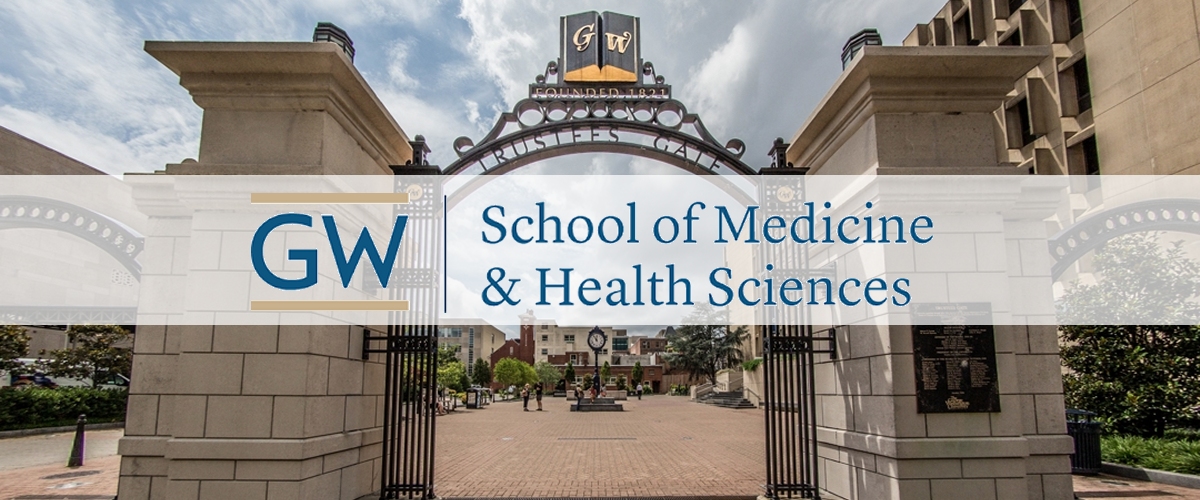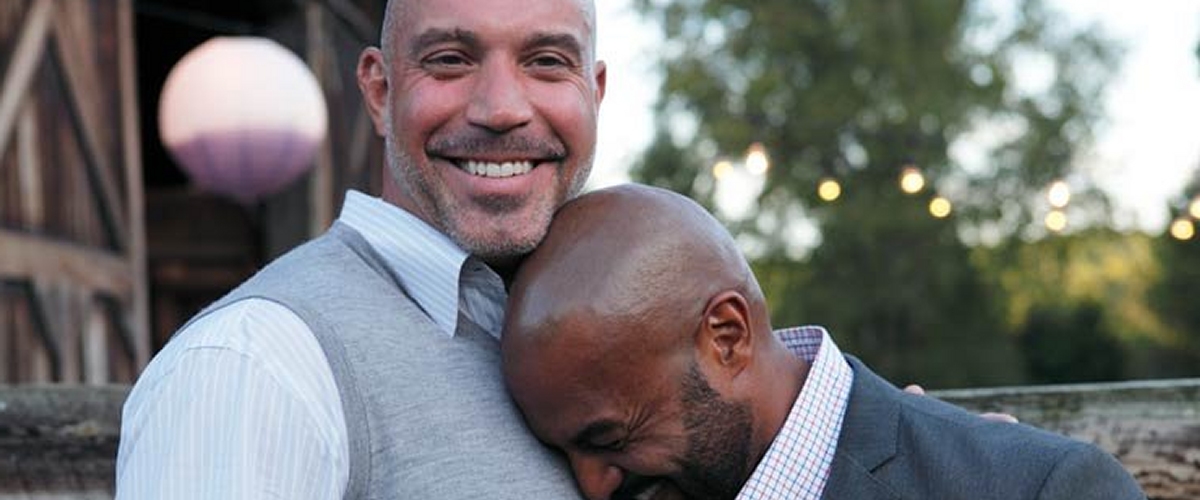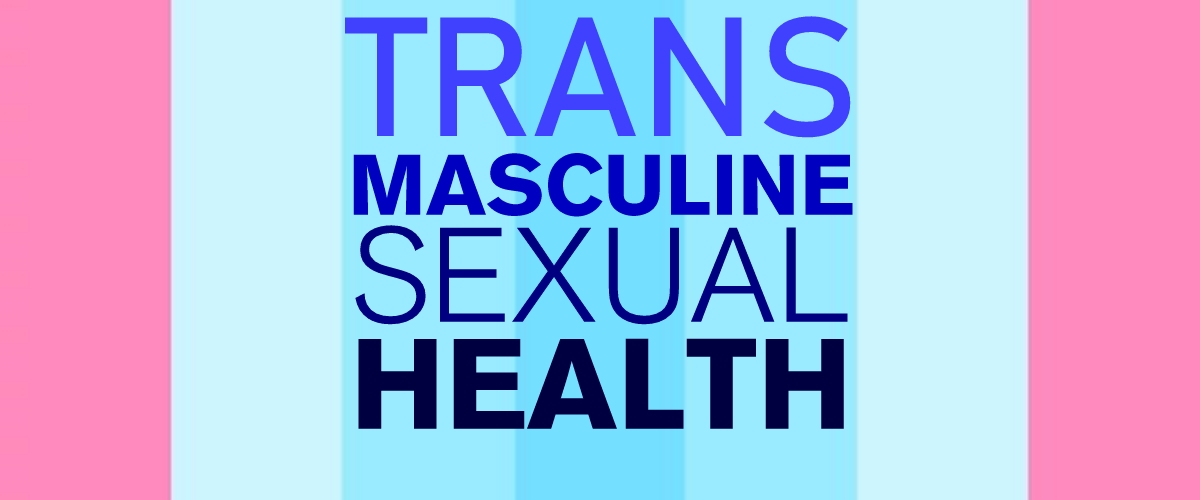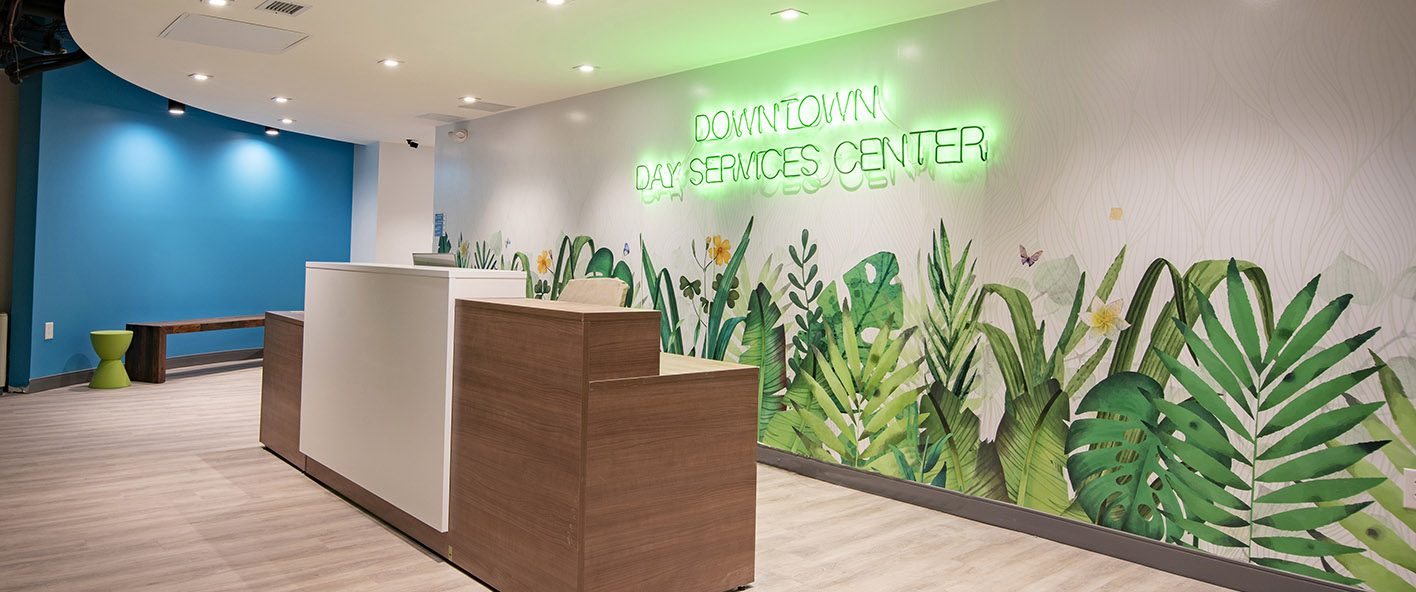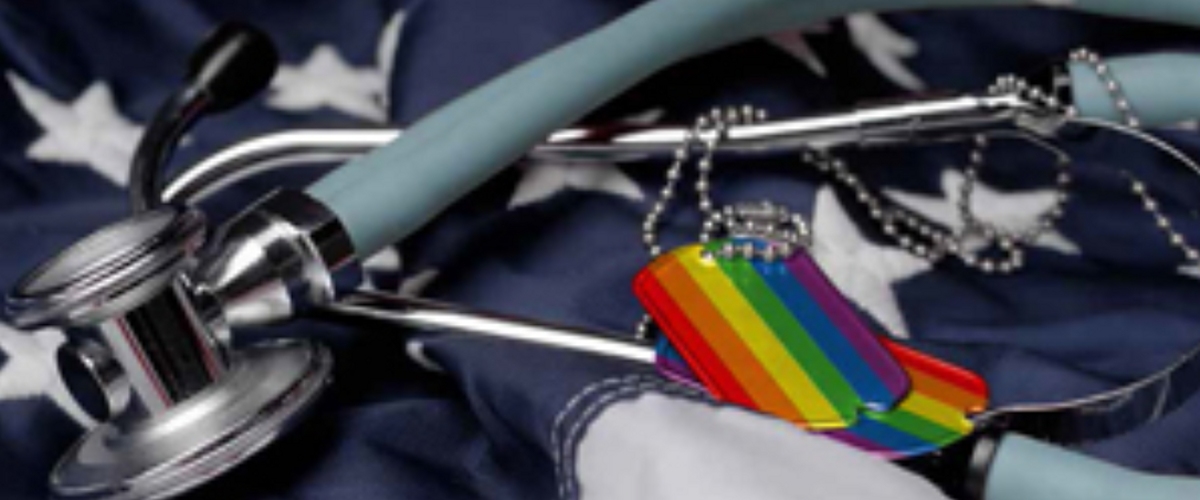You are invited to participate in a research study to help clinicians and researchers better understand transgender and gender nonconforming individuals’ experiences with cancer screening recommendations. You are eligible to participate if you are 1) over the age of 40, 2) consider yourself transgender, gender nonconforming, or gender non-binary; and 3) live in the Washington, DC metropolitan area. They hope that findings from this study will improve future health care for transgender and gender nonconforming people. Your participation is greatly appreciated.
Study Title: Cancer Screening Experiences of Transgender and Gender Nonconforming Individuals in the Washington, DC Metropolitan Region
Principal Investigator: Mandi Pratt-Chapman, mandi@gwu.edu, 202-994-5502
What is this study about?
• They want to better understand what cancer screenings health care providers are recommending to transgender and gender nonconforming people and to also understand patient experiences with cancer screening recommendations and procedures.
What do I have to do to participate?
• Taking part in this study is completely voluntary.
• You will be asked to participate in an interview that will last about 60 minutes.
• You will be asked to verbally consent to participate. This means that you will not have to write down your name at any time or provide any personally identifying information, but you do have to tell them that you agree to be interviewed or surveyed. Your willingness to participate is implied if you agree to be interviewed.
Will this study benefit me?
• Your participation may benefit others in the future by improving clinician recommendations regarding cancer screening for transgender and gender nonconforming people.
• You will not benefit individually from this research.
How many people will participate?
• Approximately 20 individuals will be interviewed.
What are the risks of participating in this study?
• Risks of research participation are hard to predict.
• The biggest risk to you is that you may feel uncomfortable answering certain questions about your health care experiences.
• Another risk is the possibility that someone will connect your responses to you or know you are participating in the study. This is called loss of confidentiality. However, since you will not have to provide any personal information like your name or your contact information the risks of being identified are very small. We will collect demographic information like race, age, and gender identity.
What can I do to reduce my risks?
• You do not need to sign this information sheet.
• You do not need to answer any questions that make you feel uncomfortable.
• You may discontinue participation at any time.
• Please do not use anyone’s real name during the interview, including your own.
What is the research team doing to reduce my risks?
• If you agree to be interviewed, your conversation will be recorded in an audio file kept in a file on secure GW servers. Once the data analysis is complete, the audio files will be destroyed.
• They ask you not to use your name during the interview. Within the transcript of your interview, you will be referenced with a description such as “Genderqueer person, age 43, Washington, DC” and you will not be identified specifically.
Do I have to answer every question?
• You do not have to answer any question that you do not want to answer.
Who will have access to the information I share?
• Only the study team will have access to data and files. All data and files will be password protected and stored on a secure server.
• Themes will be identified from the interviews and survey results will be used to prioritize education and research to improve care of transgender and gender nonconforming people. Quotations may be shared in presentations, reports, or papers to ensure that others also learn from their study.
What if I change my mind and don’t want to participate?
• You do not have to participate.
Who do I contact if I have questions?
The Office of Human Research at the George Washington University can provide more information about your rights as a study participant at (202) 994-2715. If you have any questions or concerns at any time before, during or after the study—including if you feel you have been hurt by the study—contact Mandi Pratt-Chapman at (202) 994-5502. You may also reach out to her after the study to find out about study results.

